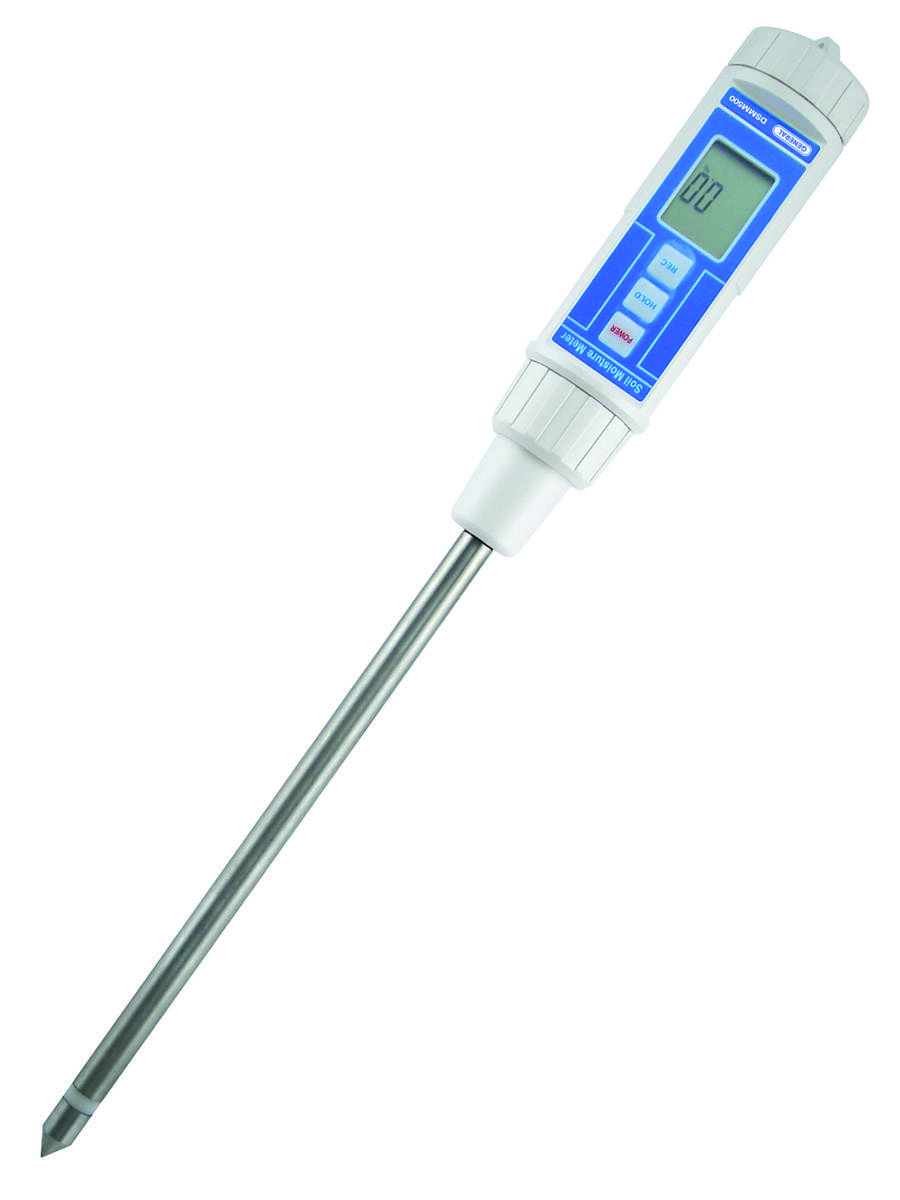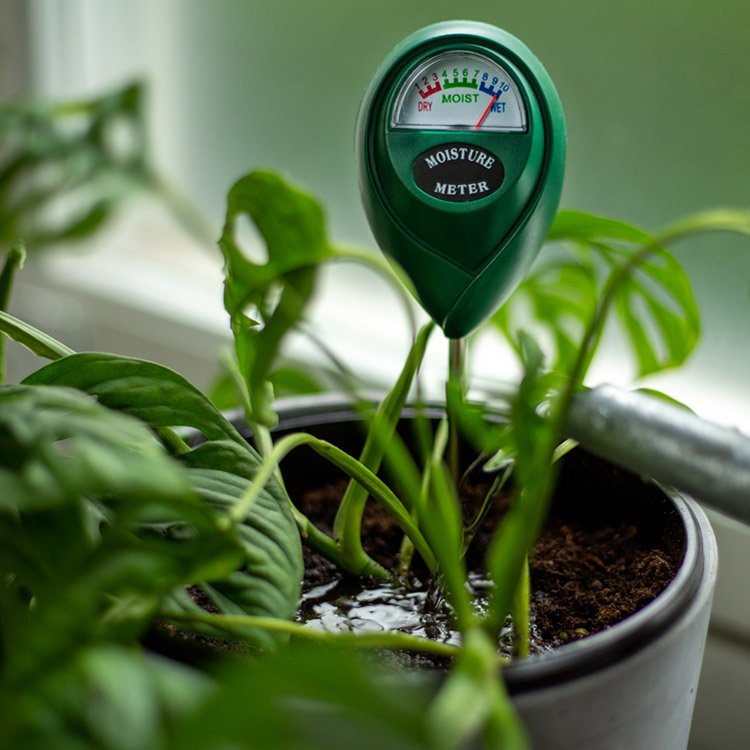Moisture Meter Acquiring Overview: What to Seek in High-Quality Instruments
Moisture Meter Acquiring Overview: What to Seek in High-Quality Instruments
Blog Article
The Ultimate Guide to Moisture Meters: A Comprehensive Summary and How They Can Conserve You Money
In the world of structure maintenance, construction, and different markets, the value of accurately determining wetness degrees can not be overstated. Wetness meters act as crucial tools in spotting and monitoring moisture web content in materials, assisting in avoiding pricey damages and ensuring the high quality of products. Comprehending the nuances of different types of wetness meters, their applications, and the potential cost-saving advantages they offer can be a game-changer for organizations and experts alike. Uncovering exactly how these devices can not just improve procedures however also add to financial savings is a trip worth embarking on.
Kinds of Moisture Meters
One usual kind is the pin-type dampness meter, which gauges the electric resistance between two pins inserted right into a product. Pinless wetness meters, on the other hand, use electro-magnetic sensing unit plates to check a bigger location without triggering damage to the material's surface.

Infrared moisture meters determine the thermal residential or commercial properties of a material to establish its moisture web content non-invasively, making them beneficial for applications where pin or pinless meters may not be ideal. Recognizing the different types of dampness meters available can aid markets choose the most proper device for their certain dampness measurement demands.

Advantages of Using Dampness Meters
Wetness meters provide very useful benefits in precisely monitoring and analyzing wetness degrees in diverse materials and settings. One of the key advantages of making use of dampness meters is the prevention of potential damage created by excess moisture.
Additionally, using dampness meters can cause enhanced power effectiveness. By determining locations with high wetness levels, such as leakages or poor insulation, adjustments can be made to enhance energy preservation and minimize energy prices. In agricultural setups, wetness meters play an important role in maximizing crop returns by allowing farmers to keep track of soil moisture degrees and make notified irrigation decisions. Overall, the advantages of using dampness meters span across numerous markets, providing cost-efficient services and advertising better quality assurance practices.
Exactly How to Pick the Right Moisture Meter
When choosing a dampness meter, it's crucial to ensure that the meter is ideal for the certain material you will be screening. Different materials have differing electric buildings that can influence wetness readings, so selecting a meter made for your material is essential for accurate outcomes. By carefully assessing these variables, you can choose a wetness meter that fulfills your requirements and supplies accurate dampness dimensions for your tasks.
Appropriate Strategies for Moisture Meter Usage

Expense Savings Through Moisture Meter Applications
Just how can the tactical use of moisture meters bring about significant cost savings across different sectors? Moisture meters play an important function in cost savings by preventing potential damages and guaranteeing quality control in various fields. In the farming market, moisture meters aid in determining the optimal time for harvesting crops, preventing excess or over-drying moisture that can influence the end product's top quality. This exact tracking helps farmers prevent unnecessary losses and optimize their return.
Likewise, in construction, dampness meters assist avoid costly problems by identifying wetness levels in building products, such as wood or concrete, which can bring about structural issues if not resolved immediately. By recognizing issue locations early, professionals can take rehabilitative steps to stay clear of comprehensive repair services or replacements, eventually conserving time and cash.
Additionally, in the food handling sector, moisture meters are important for checking product quality and making sure conformity with safety policies. By precisely gauging dampness content in food, producers can site web protect against spoilage, maintain freshness, and decrease waste, leading to considerable cost savings. Generally, the strategic application of moisture meters is an important investment that can bring about significant expense reductions and boosted effectiveness across numerous markets.
Conclusion
Finally, wetness meters are valuable devices for determining and discovering wetness levels in numerous products. By using the appropriate dampness meter and complying with proper techniques, customers can properly stop expensive damages brought on by excess wetness. Investing in a quality dampness meter can cause significant price financial savings in the long run by identifying possible problems at an early stage and enabling prompt removal. Inevitably, dampness meters are necessary tools for preserving the stability this article and durability of structures and products.
Moisture meters serve as important devices in finding and checking moisture material in materials, assisting in avoiding costly damages and ensuring the high quality of products. Infrared dampness meters determine the thermal buildings of a product to determine its wetness web content non-invasively, making them beneficial for applications where pin or pinless meters may not be ideal.Dampness meters offer indispensable advantages in precisely keeping track of and evaluating dampness levels in diverse products and atmospheres. In farming settings, moisture meters play an essential function in maximizing crop yields by making it possible for farmers to monitor soil wetness degrees and make informed irrigation decisions.In final thought, moisture meters are important devices for gauging and identifying moisture degrees in various materials.
Report this page